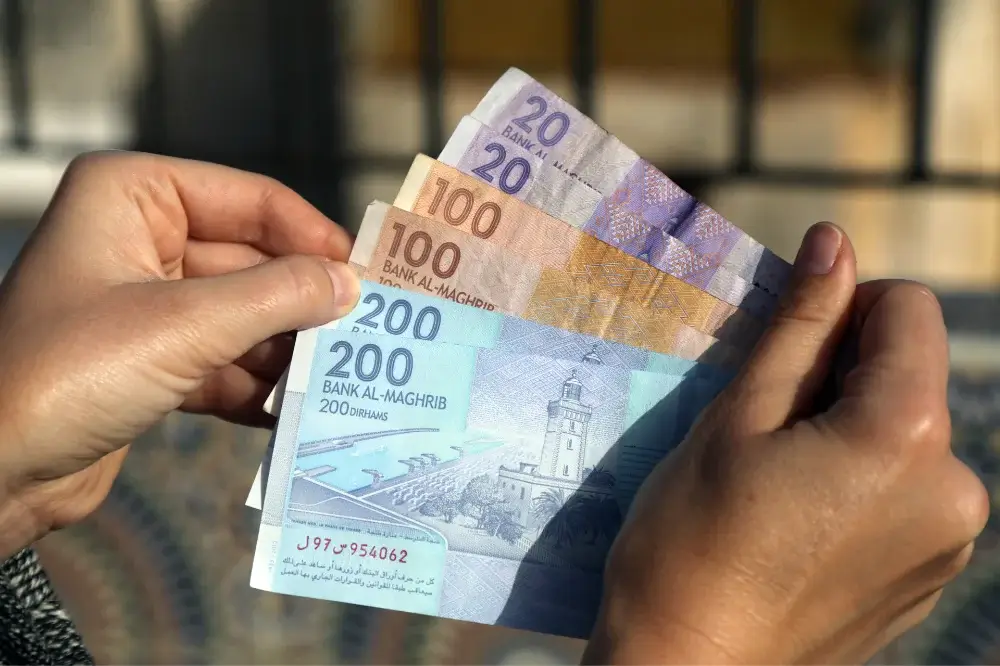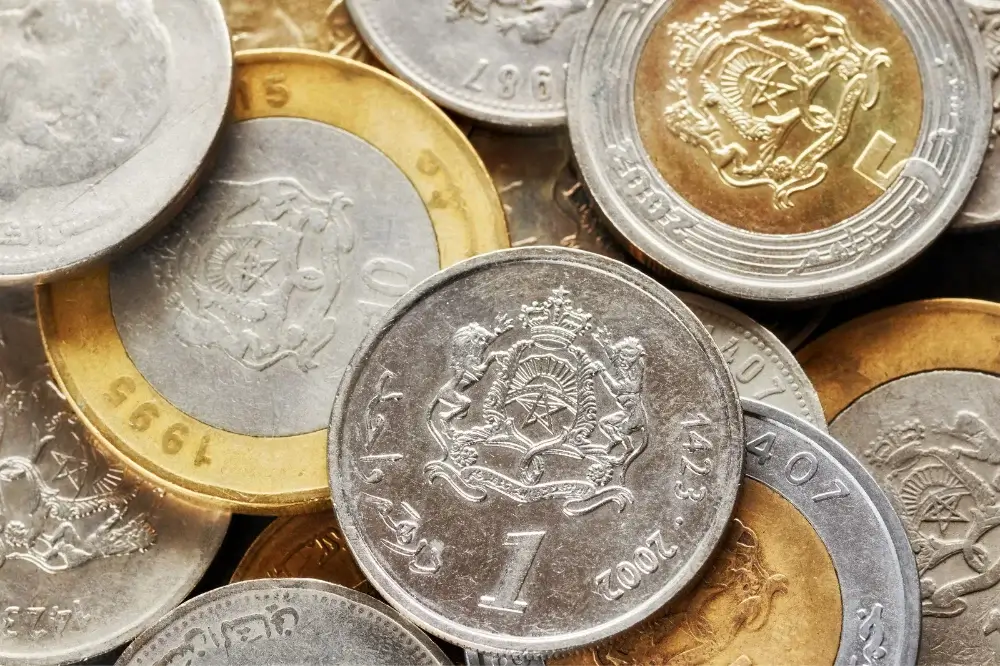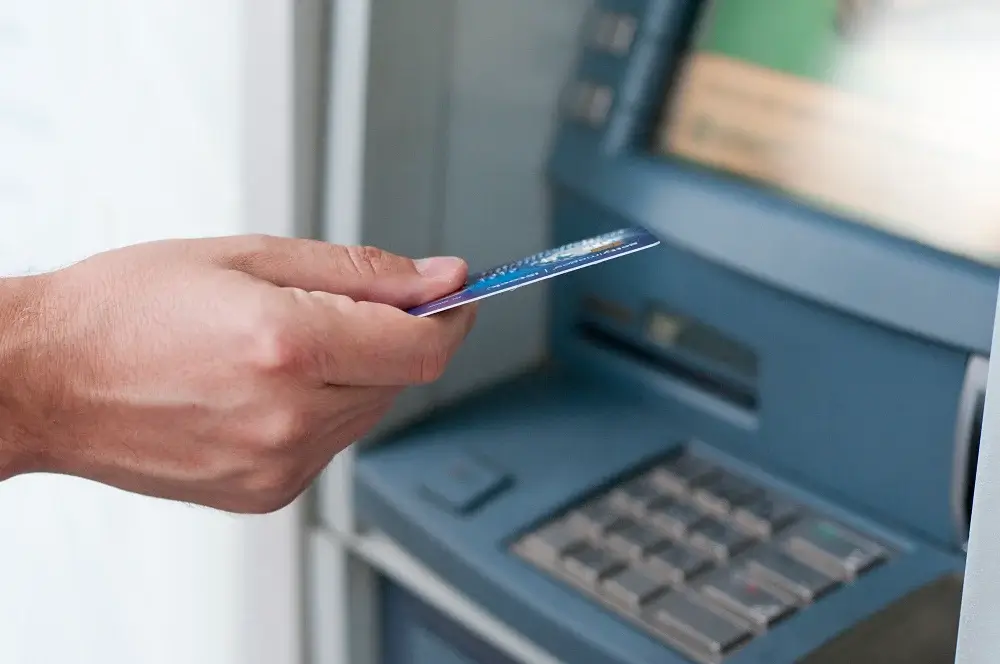
The Ultimate Guide to Moroccan Currency: What You Need to Know Before Traveling
Planning a trip to Morocco? One of the first things to understand is the Moroccan currency system. Morocco operates with the Moroccan Dirham (MAD), and being a traveler, it’s essential to know how to handle your finances, whether you’re exchanging money, withdrawing cash, or navigating local ATMs. Here’s a comprehensive guide to help you get the most out of your travel budget while avoiding potential pitfalls.
- What Currency Is Used in Morocco?
- Smart Tips for Exchanging Money in Morocco
- Why You Can’t Get Moroccan Dirhams Outside of Morocco
- Using ATMs to Withdraw Moroccan Dirhams: Fees and Best Practices
- Cash Is Essential: Why You Should Always Carry Dirhams
- Mastering Moroccan ATMs: Key Tips for Using Them Effectively
What Currency Is Used in Morocco?
Morocco’s official currency is the Moroccan Dirham (MAD), symbolized by د.م. and internationally abbreviated as MAD. The Dirham is a closed currency, meaning it’s regulated and not easily available outside Morocco. The denominations range from coins (1, 2, 5, and 10 dirhams) to banknotes (20, 50, 100, and 200 dirhams).

While major cities and tourist hubs like Marrakech, Casablanca, and Rabat may accept foreign currencies such as the Euro or the US Dollar in certain places (usually high-end hotels or tourist-heavy areas), most local transactions are carried out in dirhams. Therefore, it’s crucial to obtain dirhams soon after arriving for ease of travel, especially when visiting more traditional markets, restaurants, and shops.
Smart Tips for Exchanging Money in Morocco
Exchanging your foreign currency for Moroccan Dirhams is easy.You can do it at various places, including banks, official currency exchange offices, and some hotels. However, if you’re looking to get the best exchange rates, try to avoid exchanging money at airports or hotels, as these locations tend to charge higher fees or offer lower rates.
If you prefer convenience, ATMs are widely available and offer competitive exchange rates. Just be mindful of potential foreign transaction fees your bank might apply. It’s also worth bringing some Euros or US Dollars, as these are more easily exchangeable, especially in areas frequented by tourists. Make sure to keep your exchange receipts in case you need to convert dirhams back to your home currency before leaving Morocco.
Why You Can’t Get Moroccan Dirhams Outside of Morocco
Unlike many international currencies, the Moroccan Dirham is a closed currency, which means you can’t legally obtain it outside of Morocco. As a result, you’ll have to wait until you’re within the country to exchange your money or withdraw dirhams from a local ATM. This also means that, before leaving Morocco, you should exchange any leftover dirhams back into your home currency or Euros, as it’s illegal to export more than 2,000 MAD when leaving the country.
Using ATMs to Withdraw Moroccan Dirhams: Fees and Best Practices
ATMs are widely available in Morocco, especially in major cities and tourist destinations. Most ATMs accept Visa, Mastercard, and other international cards. The exchange rates provided by ATMs are often better than those at currency exchange offices, but keep in mind that foreign transaction fees may apply, depending on your bank. These fees can range from 1% to 3% of the amount withdrawn, so it’s worth checking with your bank before you travel to avoid surprises.

It’s always a good idea to withdraw larger amounts at a time to minimize the impact of multiple ATM fees. However, always be cautious and only use ATMs in well-lit, populated areas for safety reasons. If possible, try to use machines that are inside banks or major hotels, as they tend to be more secure.
Cash Is Essential: Why You Should Always Carry Dirhams
Though you may be accustomed to using credit or debit cards in your home country, in Morocco, cash is essential, especially in smaller towns, markets, and with local vendors. Many smaller businesses, cafes, and taxis operate strictly on a cash-only basis. Larger establishments such as upscale hotels or international chains may accept cards, but this isn’t the norm for the majority of local shops and restaurants.
It’s wise to always carry a mix of small bills and coins. Coins are particularly useful for tipping, paying for local transport, or making small purchases. Finding change for larger bills can be difficult in smaller establishments, so breaking larger notes when you can is a good strategy.
Planning Ahead: Withdraw Cash Before Visiting Remote Villages
If your travel itinerary includes visiting Morocco’s small villages or rural areas, ensure you have enough cash on hand before heading out. ATMs in rural areas are either scarce or nonexistent, and finding a place to exchange foreign currency can be challenging, if not impossible. Even in small towns with ATMs, there’s a chance the machines might be out of service or may not accept international cards, so it’s best to stock up on dirhams before leaving urban areas.
Mastering Moroccan ATMs: Key Tips for Using Them Effectively
Moroccan ATMs are generally user-friendly and provide instructions in multiple languages, including English, Arabic, and French. Before using any ATM, confirm that it’s affiliated with a reputable bank to avoid any risks of fraud or card skimming.
A helpful tip is to always withdraw cash during regular banking hours, as this gives you immediate access to assistance if anything goes wrong with the transaction. After withdrawing, check that you have received the correct amount, and keep your receipt until you verify that the transaction has cleared with your bank.
Understanding Morocco’s currency system and planning ahead will help you navigate your trip with ease. The Moroccan Dirham (MAD) is the primary currency, and you’ll need to exchange or withdraw cash once you arrive in the country, as you won’t be able to get dirhams abroad. Use local ATMs or official currency exchange offices for the best rates, and always have cash on hand, especially when traveling to rural areas. Following these tips will ensure that your trip to Morocco goes smoothly, leaving you free to enjoy the beautiful landscapes, rich culture, and vibrant markets without worrying about money.



